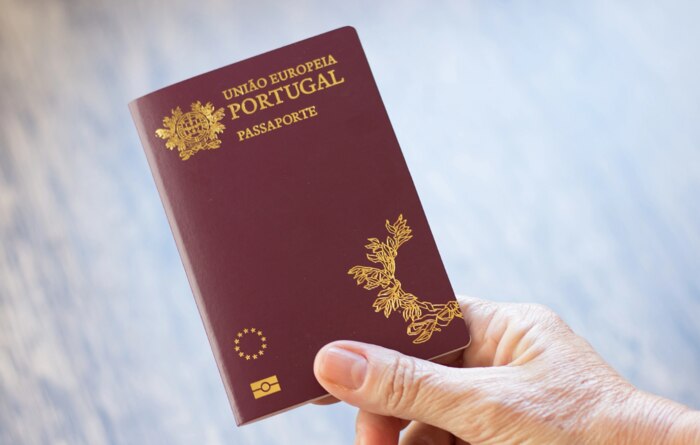Portugal’s Golden Visa program has sparked considerable interest among investors seeking residency and potential citizenship within the European Union. Known for its welcoming culture, scenic landscapes, and economic stability, Portugal offers an attractive proposition for non-EU nationals through this initiative. With the promise of visa-free travel within the Schengen Area and a path to permanent residency and citizenship, it’s no wonder that the program has garnered global attention. Below, we will delve into the intricacies of the scheme, exploring its benefits, requirements, and the pivotal steps involved in the application process.
Understanding Portugal’s Golden Visa Program: An Overview
Portugal’s Golden Visa Program, officially known as the Residence Permit for Investment Activity (ARI), was introduced in 2012. The primary goal was to attract foreign investment and boost the Portuguese economy in the aftermath of the global financial crisis. Since its inception, the program has been successful in drawing investors worldwide, contributing substantially to the local real estate market and various sectors of the economy.
Under the program, non-EU/EEA citizens are afforded the opportunity to gain temporary residency in Portugal by making a qualifying investment. These investments range from real estate acquisitions to capital transfers or job creation. The flexibility of the investment options allows potential investors to select avenues that align with their financial strategies and personal preferences.
The program is continuously evolving, with updates to investment thresholds and eligibility criteria aimed at making the program more beneficial for the Portuguese economy while preserving its attractiveness to investors. For the most current information, prospective applicants should consult up-to-date resources such as the Golden Visa Portugal guide.
Eligibility Criteria and Investment Options for the Golden Visa
To be eligible for the Portugal Golden Visa, investors must fulfill certain criteria, the foremost being a qualifying investment into the Portuguese economy. The nature and minimum amount of investment vary, including options such as purchasing real estate, capital investment, or creating employment opportunities. It’s important to note that the government periodically adjusts these minimum amounts, so staying informed on the latest requirements is crucial.
Real estate remains one of the most popular avenues for investors, with the requirement to purchase property worth a certain threshold, which may differ depending on whether it’s located in an urban or low-density area. For those inclined towards a business investment, creating a minimum number of jobs for Portuguese nationals is an alternative route that contributes to the country’s employment rates.
Prospective investors are also expected to maintain the investment for a minimum period, usually five years, to qualify for permanent residency or citizenship. Proof of a clean criminal record, adequate health insurance, and evidence of financial independence are additional prerequisites that ensure the program maintains high standards of security and quality.
The Application Process for Portugal’s Golden Visa
The application process for Portugal’s Golden Visa involves several stages, including the selection and completion of the investment, submission of the required documentation, and obtaining approval from the Portuguese authorities. The initial step often involves engaging with legal professionals who can guide the documentation and application procedures.
After the investment is made, applicants must gather a range of documents, such as proof of investment, a passport, and personal documents. These should all be in accordance with the guidelines set by the SEF (Portuguese Immigration and Borders Service). A biometric data collection will follow, which requires a visit to Portugal.
Critical Considerations and Tax Implications for Golden Visa Holders
The Portugal Golden Visa program is multifaceted, with various factors influencing its success and suitability for each investor. A critical consideration is the actual choice of investment. While real estate in prime locations often looks appealing, understanding market trends and future growth prospects is fundamental in making a sustainable choice.
From a tax perspective, while Portugal is generous with its NHR program, investors must comprehend the full scope of their potential tax liabilities in Portugal. This means assessing how the Golden Visa will affect their overall tax situation, both domestically and internationally. Professional advice is typically recommended to navigate through the complex tax landscape and align it with one’s personal wealth management strategy.
Overall, Portugal’s Golden Visa represents an enticing doorway into Europe for investors, offering a combination of lifestyle benefits, investment opportunities, and increased global mobility. As with any significant financial decision, thorough research and expert advice are crucial steps toward making an informed choice about participating in the program. Ensuring a strategic approach to investing and immigration planning can potentially open up a world of benefits for years to come.


